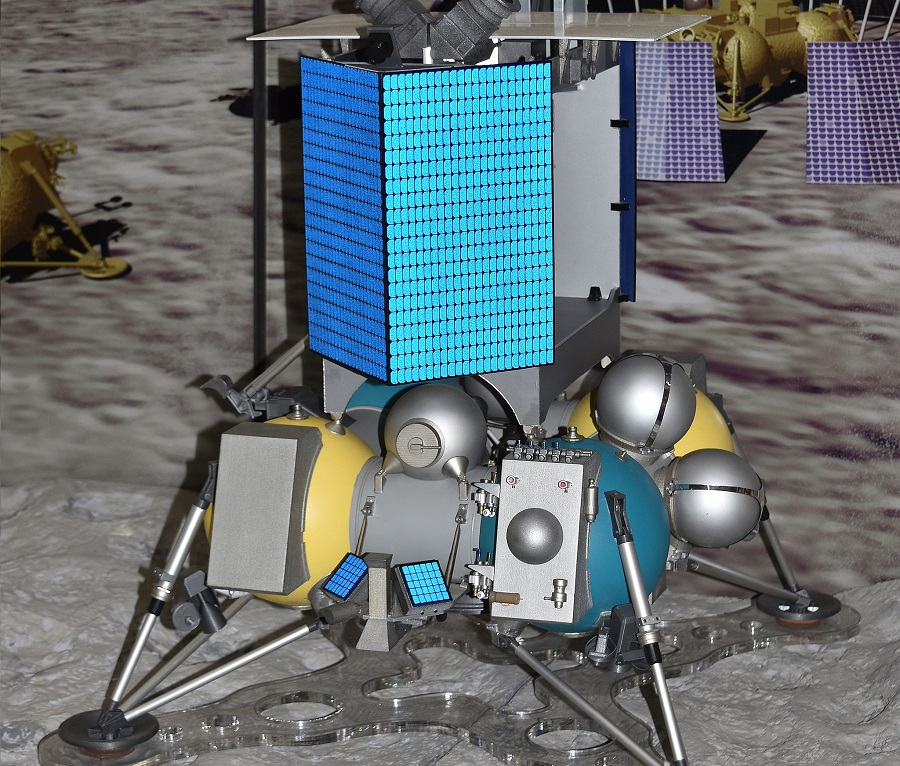Due to the war in Ukraine, ESA discontinues cooperation with Russia on the projects of automatic stations “Luna-25”, “Luna-26” and “Luna-27”. The European technologies that were planned to be tested on them would be used in other projects.

ESA discontinues cooperation on lunar programs
The General Director of the European Space Agency (ESA) announced the ending of cooperation with Russia on the Luna program. This is due to the continuation of hostilities against Ukraine. All European equipment will be removed from the spacecraft.
The Russians assure that this will not affect the work of the missions in any way. In particular, the Pilot-D navigation camera will be removed from the Luna-25 spacecraft, which is almost ready for launch. ESA states that they have already found another mission where it will be possible to use it. Pilot-D is planned to be placed on the European large logistics module, which is currently being developed.
In addition, ESA and the Japanese Space Agency signed an agreement to launch the EMS-L, the Exospheric Mass Spectrometer instrument, on board the JAXA/ISRO LUPEX lunar rover mission. There was also a place for PROSPECT drilling equipment in one of the missions.
Final Break with Russia
The Luna program was almost the last one, in respect of which ESA has not yet given a final answer about continuing cooperation with Russia. The decision did not become a sensation. This is a Russian project, and Russians are interested in it foremost. With a high degree of probability, none of the stations will fly into space without the participation of foreign partners.
Earlier, the ESA abandoned the more important ExoMars mission for it. In September of this year, the mission will not fly to Mars. Consequently, the European rover will remain under threat. ESA continues to look for a replacement for the Russians to launch it.
According to www.esa.int
Follow us on Twitter to get the most interesting space news in time
https://twitter.com/ust_magazine

